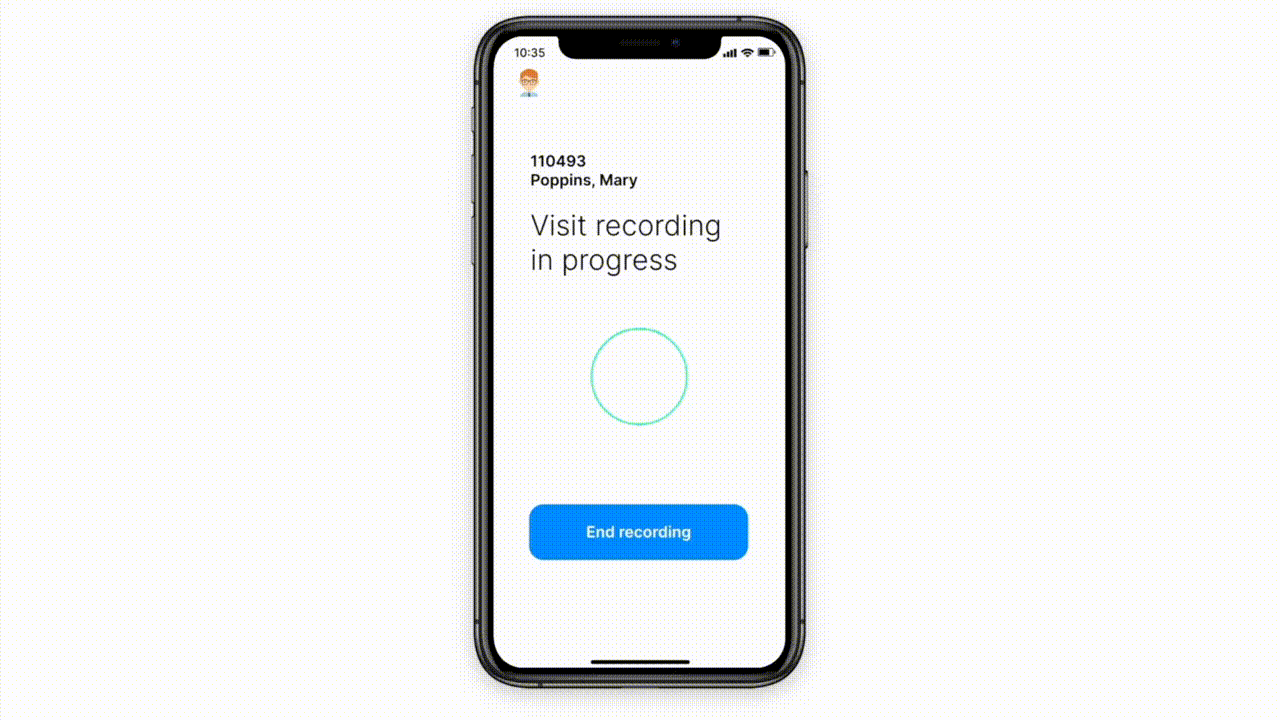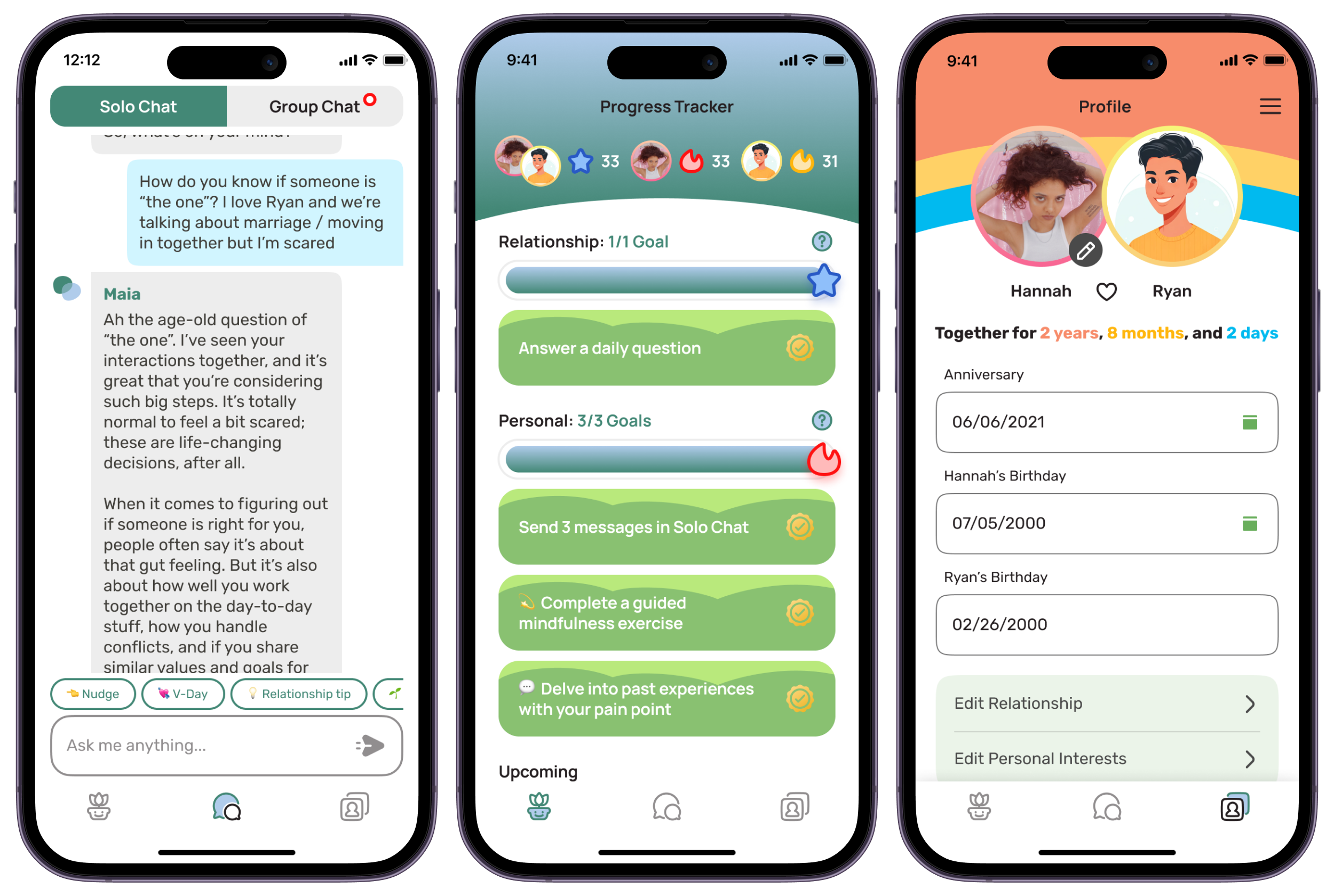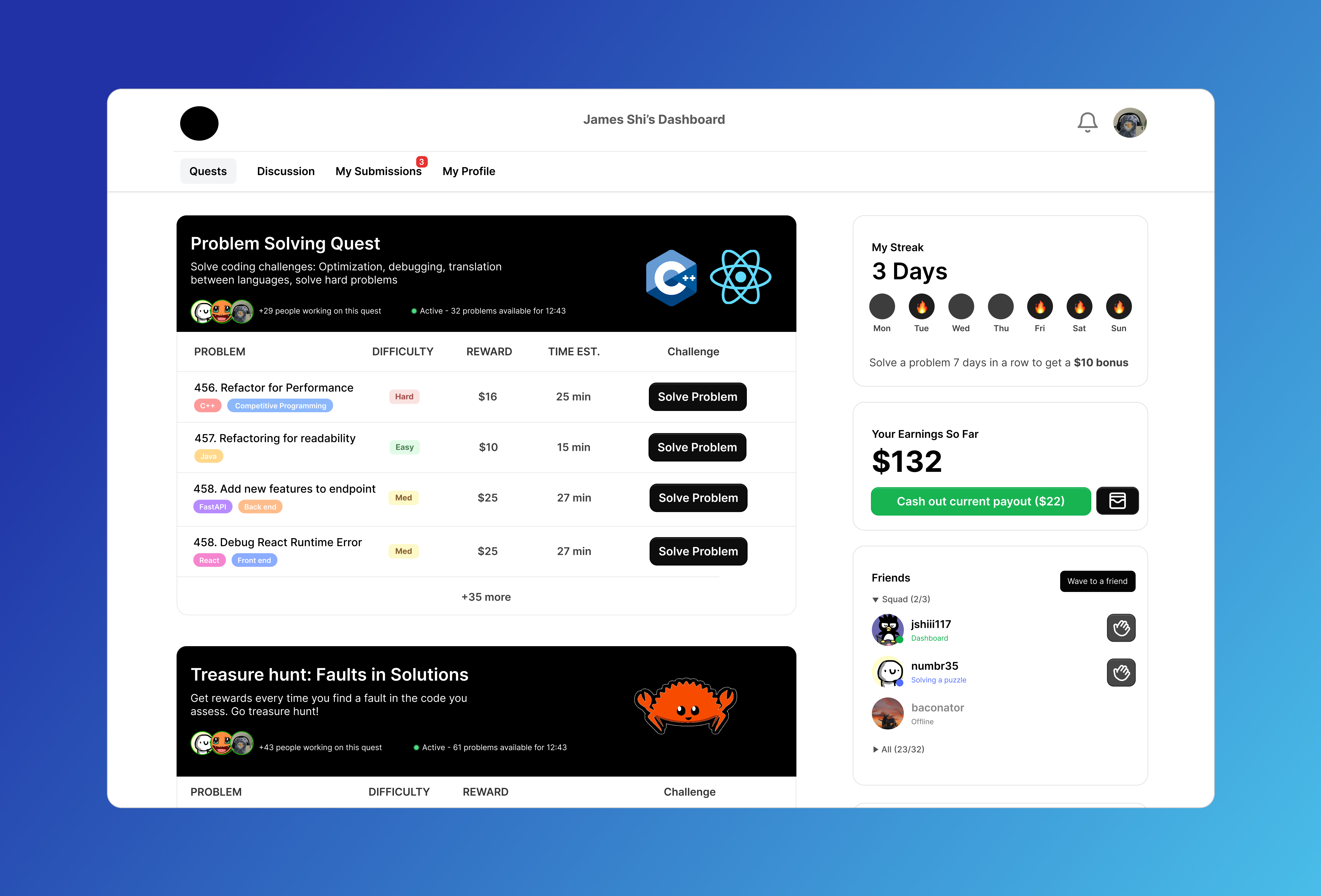Startup investing may have declined overall, but funding for AI has skyrocketed in the past year. Specifically, capital toward generative AI ventures nearly octupled from 2022 to 2023, reaching $25.2 billion by the end of December.
With this surge in AI funding, it’s no surprise that AI startups were dominant at Y Combinator’s Winter 2024 Demo Day.
The Winter 2024 cohort at Y Combinator consists of 86 AI startups, nearly double the number from the previous year and close to triple the number from Winter 2021. This indicates that AI is currently the technology of choice in the startup world.
As in the previous year, we delved into the latest Y Combinator cohort presenting at this week’s Demo Day and selected some of the most intriguing AI startups. Each of these startups stood out for different reasons, whether it was their technology, target market, or the backgrounds of their founders.
Hazel
Former Palantir executive August Chen and ex-Boston Consulting Group member Elton Lossner believe that the government contracting process is severely inefficient. They point out that contracts are scattered across numerous websites and often involve overwhelming amounts of regulations and paperwork.
To address this issue, Chen and Lossner developed an AI solution called Hazel, which automates the government contracting discovery, drafting, and compliance processes. By streamlining this process, Hazel aims to save businesses significant time and resources.
Image Credits: Hazel
With Hazel, users can simplify the contracting process, generate responses, create checklists, and ensure compliance. While there may be concerns about the accuracy of AI-generated responses, Hazel’s platform has the potential to empower smaller firms to compete for lucrative government contracts.
Andy AI
Tiantian Zha, a former Verily employee, recognized the time-consuming nature of paperwork for home nurses. To alleviate this burden, Zha teamed up with former Apple engineer Max Akhterov to create Andy AI, an AI-powered platform that transcribes patient interactions and generates electronic health records.

Image Credits: Andy AI
Although AI bias and competition exist in this space, the demand for AI solutions like Andy AI is expected to rise as healthcare services increasingly shift to the home setting.
Precip
Precip is an AI-powered weather forecasting platform founded by Jesse Vollmar, Sam Pierce Lolla, and Michael Asher. Vollmar, inspired by his experience with FarmLogs, aims to provide high-precision weather analytics to help various industries plan effectively.

Image Credits: Precip
Precip’s analytics on precipitation can benefit farmers, construction crews, utilities, and transportation companies. While there are many weather prediction apps available, Precip’s AI technology aims to deliver more accurate forecasts.
Maia
Claire Wiley, along with Ralph Ma, developed Maia to help couples build stronger relationships through AI-guided interactions. Maia’s app allows couples to communicate, answer daily questions, and receive guidance on improving their relationship.

Image Credits: Maia
Maia offers premium features for a fee, including therapist-crafted programs and unlimited messaging. While the crowded market of couples’ apps poses a challenge, Maia’s unique approach to relationship guidance sets it apart.
Datacurve
Serena Ge and Charley Lee established Datacurve to provide high-quality data sets for training AI models, particularly in coding. Datacurve’s platform rewards engineers for annotating code data, which helps in creating curated training sets for code optimization, debugging, and more.

Image Credits: Datacurve
Datacurve’s success hinges on the quality of its data sets and its ability to attract developers to contribute to and enhance them. With a focus on expert-level data curation, Datacurve aims to support AI models for various coding applications.


